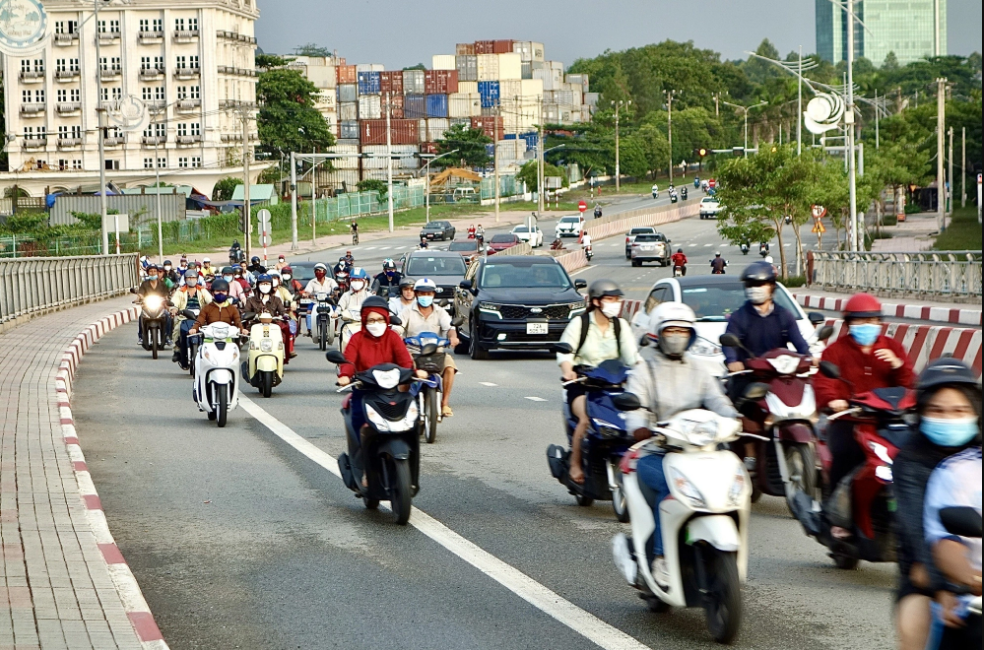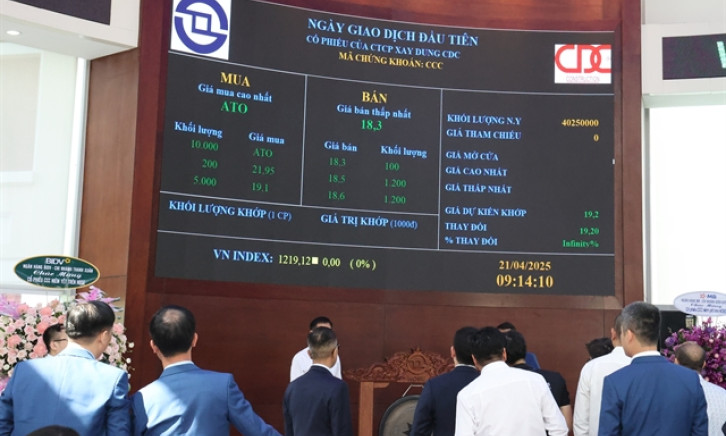Vietnam among 25 countries to halve multidimensional poverty in past 15 years: report
Vietnam is among the 25 countries that have successfully halved multidimensional poverty over the past 15 years, according to a report by the UNDP and the Oxford Poverty and Human Development Initiative at the University of Oxford.
As assessed on a scale of 0-10, with 10 being the highest rate of multidimensional poverty, Vietnam’s multidimensional poverty state has decreased 50 percent over the past 15 years, according to the report issued on Tuesday.
Based on Vietnam-related data collected through the 2020-21 period, the country had 1.8 million people, or 1.9 percent of its population, classified as living in multidimensional poverty in 2021.
Besides Vietnam, 24 other countries have also halved their multidimensional poverty index (MPI) values over the past 15 years, showing that rapid progress is attainable, the report said.
Among the other nations named on the list were Cambodia, China, Congo, Honduras, India, Indonesia, Morocco, and Serbia.
MPI is a new assessment method based on low income rates (less than US$2.15 per day, equivalent to VND50,000 per day) and insufficient access to basic social services such as healthcare, education, and information.
Vietnam has been moving into a new phase of sustainable poverty reduction since 2016, applying multidimensional poverty criteria and chalking up considerable achievements, the Ministry of Labor, War Invalids, and Social Affairs said.
This latest report provides a compact update on multidimensional poverty in the world through data compiled from 110 countries accommodating 6.1 billion people.
Accordingly, 1.1 billion (over 18 percent) of the 6.1 billion people “live in acute multidimensional poverty across 110 countries.”
South Asia and Sub-Saharan Africa have 389 million and 534 million impoverished people, respectively.
Among the total number of impoverished people, nearly two-thirds (730 million people) live in middle-income countries, illustrating that poverty reduction policies in these countries play an important role in global poverty reduction, the report said.






